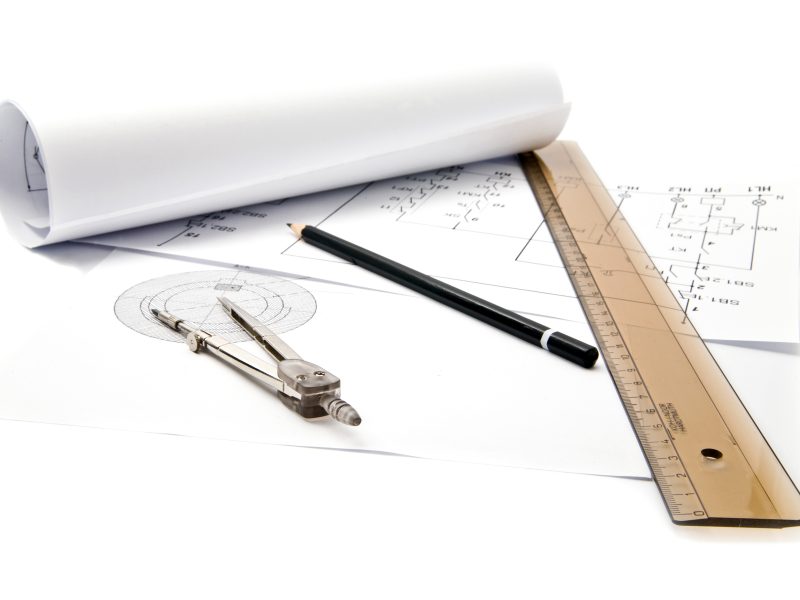
A multitude of CAD models we receive do not have draft angles applied to the injection molded parts… Many engineers see these details as a nuisance and a complication rather than a requirement for a fully designed part. The importance of these angles is often underestimated and reduced to a note in the specifications. We hope that with a full understanding of the importance of these angles, their purpose and benefits, more engineers might take the time to address these details in each feature of a part’s design. Draft angles can be applied during the DFM phase of the mold, which is a standard step in the design process, but to take full advantage of the benefits, they should be given adequate consideration during the product design stage.
The key points of the case for draft angles are as follows:
- Draft angles are necessary for proper demolding of a part.
- Different draft angles are required for various surface finishes and textures. Without considering these angles early in the design phase, available options may be limited.
- Part costs can be reduced because properly drafted parts require less ejection force and therefore a shorter cycle can be used.
- Straight sides and sharp corners create molded-in stress. Draft angles and radiused corners produce stronger parts in a shorter cycle.
- Proper draft angles prevent deformation of parts because clearance is achieved between the core and cavity which acts as a vent to release the vacuum created when parts are pulled out of the cavity.
- Radiuses and draft angles prevent drag marks and scratches on the side walls of parts.
The next question is… Can you just apply draft angles in a simplistic, across-the-board approach? Unfortunately, there is no one draft angle that works in all cases. Draft angles are dependent on part size, wall thickness, material properties and required surface finish. It is best to take the time to fully design parts for maximum benefit to achieve cost savings while increasing part strength and stress resistance and to consider all factors of the design requirements up front. We welcome customers to take advantage of our experience early in the design phase when our input offers the most value to help avoid unnecessary costs and delays.
Please call 732-223-2900 for more information or click here to submit designs for review.
